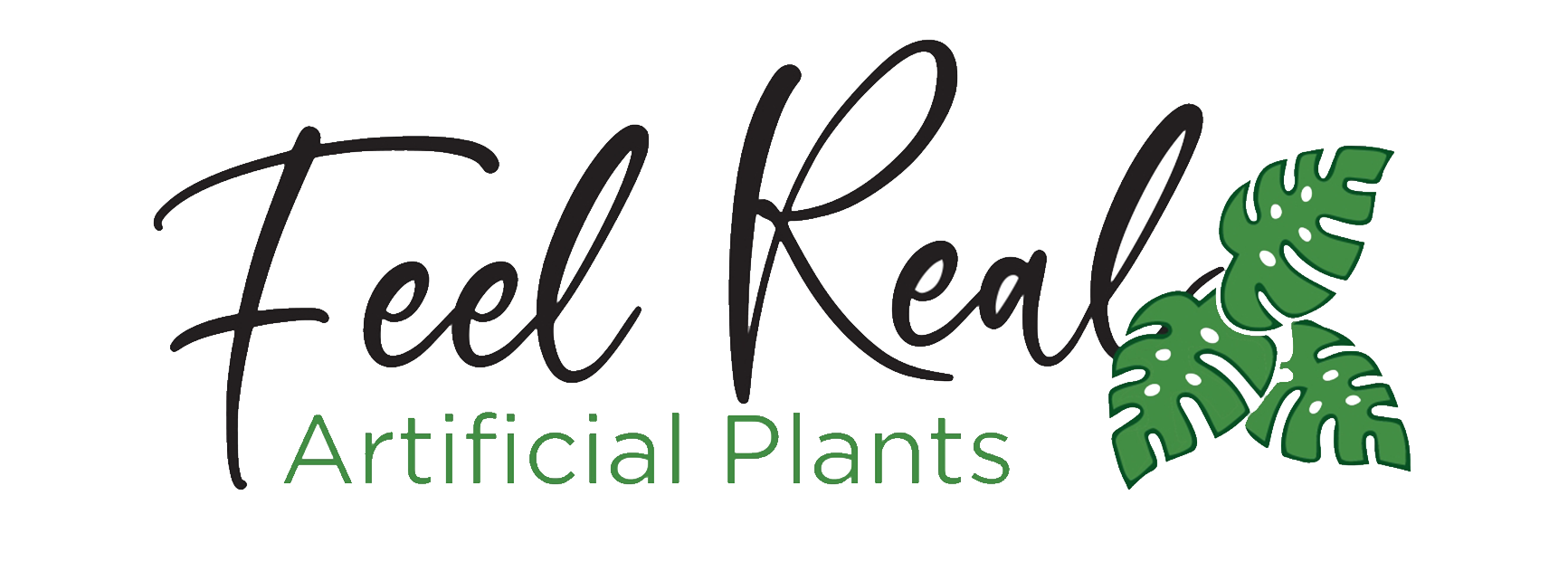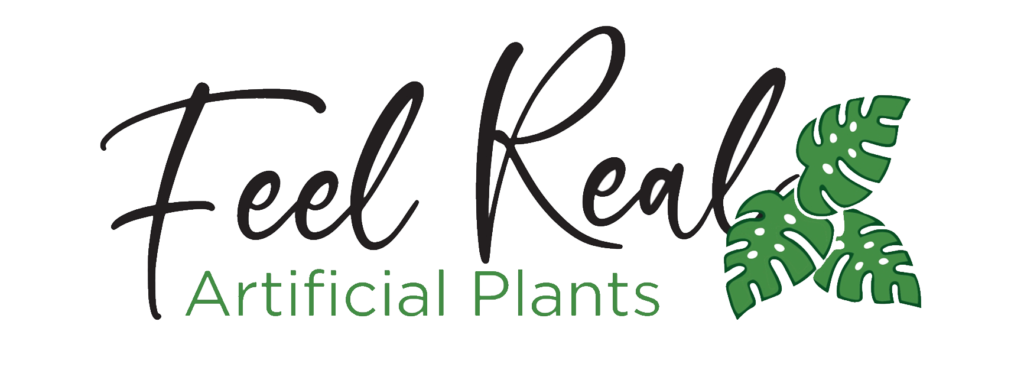As a leading manufacturing factory specializing in producing high-quality artificial plants, we understand the importance of efficient and reliable shipping processes for our valued wholesale clients. In this article, we will provide you with detailed insights into the key shipping terms and concepts related to importing from China, empowering you to make informed decisions and streamline your importing operations. Let’s dive in!
1. Incoterms: Understanding the Basics
Incoterms, short for International Commercial Terms, are a set of predefined rules that define the responsibilities of buyers and sellers in international trade transactions, including the shipment of goods. Familiarizing yourself with the relevant Incoterms is crucial to ensure a smooth shipping process. Some commonly used Incoterms for importing from China include:
— EXW (Ex Works)
EXW, or Ex Works, represents the minimum obligation for the seller. With this term, the seller’s responsibility ends when the goods are made available at their premises. As the buyer, you are responsible for arranging the transportation, insurance, and customs clearance.
— FOB (Free On Board)
FOB, or Free On Board, indicates that the seller is responsible for delivering the goods to the designated port or vessel. Once the goods are loaded onto the ship, the risk and costs transfer to the buyer. It’s crucial to have a clear agreement with your supplier regarding the port of loading to avoid any misunderstandings.
— CIF (Cost, Insurance, and Freight)
CIF, or Cost, Insurance, and Freight, includes the cost of the goods, insurance, and freight charges to the designated port. The seller bears the responsibility of organizing and covering the costs of transportation and insurance until the goods arrive at the designated port of destination. However, the buyer is responsible for customs clearance and any applicable taxes or duties.
— DDP (Delivered Duty Paid)
DDP, or Delivered Duty Paid, represents the highest level of responsibility for the seller. The seller is responsible for delivering the goods to the buyer’s designated location, handling all aspects of transportation, customs clearance, and paying for any applicable duties or taxes. This term provides the buyer with maximum convenience but may come with higher costs.
2. Freight Forwarders: Facilitating Smooth Shipments
Engaging a reliable and experienced freight forwarder can significantly simplify the shipping process when importing from China. These intermediaries specialize in coordinating transportation logistics, handling customs documentation, and ensuring the timely delivery of goods. Here are a few key benefits of working with a reputable freight forwarder:
Efficient Shipping Logistics: A skilled freight forwarder has the expertise to optimize shipping routes, select suitable carriers, and consolidate shipments to reduce costs and transit times.
Customs Compliance: Navigating customs regulations and documentation requirements can be complex. A freight forwarder can assist you in preparing and submitting the necessary paperwork, ensuring compliance and minimizing the risk of delays or penalties.
Cargo Insurance: Protecting your valuable goods during transit is crucial. Freight forwarders can help you arrange comprehensive cargo insurance coverage to safeguard against potential losses or damages.
Warehousing and Distribution: If you require storage facilities or distribution services for your imported artificial plants, many freight forwarders offer these additional capabilities, allowing for seamless inventory management and order fulfilment.
3. Bill of Lading: Ensuring Shipment Accountability
The Bill of Lading (B/L) is a vital document issued by the carrier or their agent upon receipt of goods for shipment. It serves as proof of contract between the shipper and the carrier and contains crucial information, such as the type, quantity, and destination of the goods. Understanding the different types of B/L is essential for importers:
Straight Bill of Lading: This type of B/L is non-negotiable, meaning it is issued to a specific consignee (usually the named recipient) and cannot be transferred to another party. The goods are delivered directly to the consignee mentioned on the bill. Straight B/Ls are commonly used when there is no need for any additional parties to take possession of the goods during transit.
Order Bill of Lading: Unlike a straight B/L, an order B/L is negotiable, which means it can be transferred or assigned to a third party. The consignee named on the order B/L can endorse it to another party, giving them the right to take possession of the goods upon arrival at the destination. This type of B/L provides more flexibility for buyers and sellers in trade transactions.
Seaway Bill of Lading: Also known as an express B/L or a non-negotiable B/L, a seaway B/L is similar to a straight B/L in that it is not negotiable. It is usually used for shipments involving a continuous chain of transportation, where the goods are not intended to be transferred or sold during transit. Seaway B/Ls are commonly used in scenarios where the cargo is sent directly from the shipper to the consignee without any intermediate parties involved.
4. Customs and Import Duties: Ensuring Compliance
When importing artificial plants from China, it is crucial to be aware of customs regulations and import duties imposed by your country. Customs duties are fees levied on imported goods by the customs authorities and vary depending on the product’s classification and the destination country. Here are some key points to consider:
Harmonized System (HS) Code: Each product is assigned an HS code, which is an internationally recognized classification system for traded goods. Determining the correct HS code for your artificial plants is essential for accurate customs declaration and assessment of import duties.
Customs Valuation: Import duties are often calculated based on the customs value of the goods, which includes the cost of the products, insurance, freight charges, and any applicable additional charges. Ensuring proper valuation is crucial to avoid potential disputes or delays during customs clearance.
Import Duty Rates: Import duty rates can vary significantly between different countries and even within specific product categories. Researching the applicable duty rates for artificial plants in your target market will help you estimate the overall landed cost of your imported goods.
Import Licenses and Permits: Some countries may require specific import licenses or permits for certain goods, including artificial plants. Familiarize yourself with any applicable regulations and ensure compliance to avoid potential issues during customs clearance.
5. Packaging and Labeling: Meeting Quality Standards
Packaging and labeling play a vital role in the importation of artificial plants. Ensuring that your products are properly packaged and labeled not only protects them during transportation but also helps meet quality standards and regulatory requirements. Consider the following aspects:
Secure Packaging: Artificial plants should be packed securely to prevent damage during transit. Adequate padding, cushioning, and appropriate carton sizes are essential to safeguard the products from potential impacts or mishandling.
Labeling Requirements: Check the labeling requirements of your target market to ensure compliance. Labels should include essential information such as product name, country of origin, materials used, care instructions, and any required safety warnings or certifications.
Product Documentation: Maintaining accurate product documentation is crucial for customs clearance and quality assurance. This includes product specifications, certifications (if applicable), and any other relevant documentation required by the importing country.
6. Shipping Methods: Choosing the Right Option
Selecting the appropriate shipping method is crucial to ensure the timely and cost-effective delivery of your artificial plants. Here are the main options to consider:
Air Freight: Ideal for urgent or smaller shipments, air freight offers faster transit times but is generally more expensive than other shipping methods. It is suitable for time-sensitive orders or when dealing with perishable or high-value products.
Sea Freight: If you have larger quantities of artificial plants to import, sea freight is often the most cost-effective option. While it takes longer than air freight, it offers more competitive rates for bulk shipments.
Express Courier Services: For small, lightweight shipments, express courier services such as DHL, UPS, or FedEx can be a convenient choice. They provide door-to-door delivery with reliable tracking and shorter transit times than traditional sea freight.
Consolidation Services: Consolidation services allow you to combine smaller shipments into one larger shipment, reducing shipping costs and improving efficiency. This option is beneficial if you have multiple suppliers or smaller orders.
7. Selecting a Reliable Freight Forwarder
Choosing the right freight forwarder is crucial for the success of your import operations. Here are some factors to consider when selecting a reliable freight forwarder:
Experience and Expertise
Look for a freight forwarder with a proven track record and extensive experience in handling shipments from China. They should have in-depth knowledge of shipping regulations and customs procedures and a reliable network of agents and carriers.
Reputation and References
Check the reputation of the freight forwarder by reading reviews and testimonials from their previous clients. Ask for references and contact them to inquire about their experience working with the freight forwarder. This will give you valuable insights into their reliability and professionalism.
Range of Services
Ensure that the freight forwarder offers a comprehensive range of services that align with your specific needs. Consider whether they can handle the volume of your shipments, provide specialized services if required, and have the necessary infrastructure to support your business growth.
Communication and Customer Support
Effective communication is essential for a smooth shipping process. Choose a freight forwarder that provides prompt and transparent communication, keeping you informed about the status of your shipments. Additionally, assess their responsiveness to inquiries and their ability to provide timely customer support.
Navigating the shipping terms and procedures for importing goods from China can be a complex task. However, by understanding the key shipping terms like Incoterms and partnering with a reliable freight forwarder, you can overcome these challenges and ensure a seamless import process. Remember to select the appropriate Incoterm that suits your requirements and work closely with your freight forwarder to manage the logistics and documentation involved.
At our manufacturing factory in China, we prioritize delivering high-quality artificial plants to our customers. By offering customized designs, groundbreaking technology, and an extensive distribution network, we cater to the needs of wholesalers, procurement specialists, and channel partners worldwide. Importing our artificial plants from China using the right shipping terms and reliable freight forwarders will enable you to provide your customers with exceptional products while optimizing your supply chain.


